Knowledgebase
Latest from Kingshay's Knowledgebase
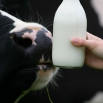
The financial incentive for butterfat levels is highly variable and will depend on milk contract. For most contracts, increasing butterfat percentage must not be at the ...
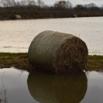
Following last year's atrocious weather, rectifying compacted and waterlogged soils is essential to ensure good crop yields and provide sufficient economic returns. Poor ...
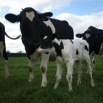
Kingshay Dairy Costings show that 40% of cows culled were as a direct result of health factors. This represents a significant avoidable loss, whilst health issues can als...
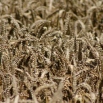
With the metabolic strain high-yielding dairy cows are often under, it is very important to ensure they have adequate energy in the diet. Starch is a rich source of gluco...
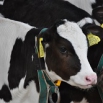
Figures suggest that just under 100,000 of the estimated 470,900 black and white bull calves born in the UK in 2011 were killed on site or not registered, due to poor c...
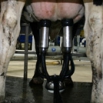
Testing milk machine and parlour function can highlight problems which are resulting in a less effective milking and damaged udders. Unlike static parlour testing, dynami...
.jpg&w=103&h=103&zc=1&a=c&q=100)
Where conditions are not conducive to optimum maize growth, maize yields could be substantially reduced and this may lead to winter forage shortages. Assessing the cro...
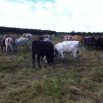
Deferred grazing is an alternative form of out wintering, which can both significantly reduce your winter feed costs and also minimise the need for winter housing your ...

Read this Farming Note to understand how changes to the machinery Annual Investment Allowance influence options for financing machinery purchases, relative to the availab...
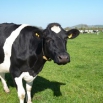
It is important to view the pros and cons of grass in dairy cow rations as you would any other feed. For high yielding cows, grazed grass can't provide all the nutrients ...
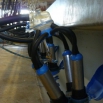
Having a parlour which is functioning correctly allows milking to be quick, complete and comfortable for both the cow and the milking staff. Poor milking characteristics ...
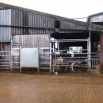
Cow grouping is a useful management tool, particularly in larger herds, which allows the requirements of each individual cow to be more easily met. Deciding if your he...
